Emma Garst
Quarantine is a wonderful time to get caught up on your “to be read” stack. However, some of us have felt culturally adrift since the shutdown in New York, wanting to take the opportunity to engage with good stories but feeling dissatisfied with what’s on the shelf. Here, I go through some book recommendations for very specific quarantine moods, many with which I have had first hand experience. Each of these books is available as an e-book or audiobook from the New York Public Library through Overdrive—or you can buy them from The Bookstore at the End of the World, an organization that supports booksellers who have been furloughed or laid off since the shutdown (you can learn more about the parent site Bookshop.org here). So without further ado, do you:
Want a book where not a lot happens and everyone is pretty much okay?
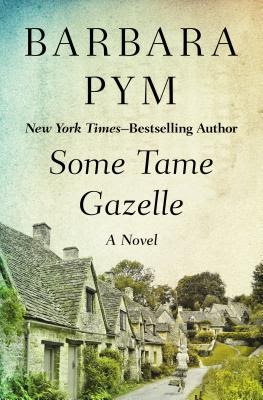
Barbara Pym, sometimes called the Jane Austen of the twentieth century, relies almost entirely on small town cattiness to propel her books forward. Many of her protagonists are aging women who are somewhat comfortable in the beginning and still mostly comfortable at the end. In Some Tame Gazelle, the lives of two spinster sisters are turned upside down when a new reverend comes to town. It is about as eventful as it sounds, but in a good way (I promise)!
Of course, you could always return to the master herself and give Austen’s Emma a read.
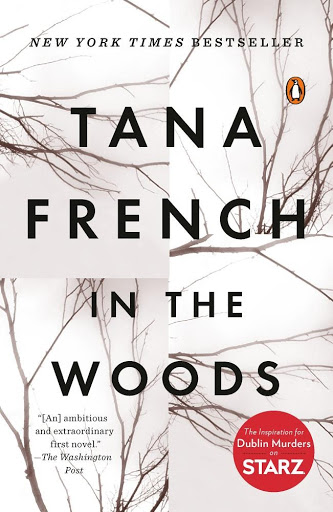
Want a grabby mystery to transport you away?
Very early in quarantine I stayed up until 3 a.m. to finish In the Woods by Tana French. The first in the Dublin Murder Squad series, this book centers around Rob Ryan and Cassie Maddox as they investigate the gruesome murder of a twelve-year-old girl. The novel walks that fine line between mystery and thriller, with plenty of creepy vibes and intrigue. It felt good, at that point, to have my adrenaline pumping over an entirely fictional situation. Come for the escape, stay for the dead-on portrait of fragile masculinity.
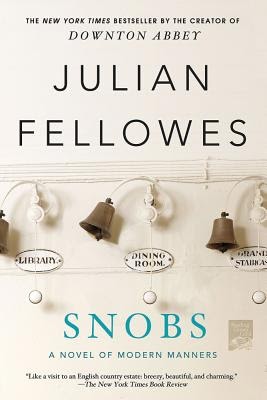
Want to escape into rich people problems?
In Snobs, written by The Right Honourable Lord Julian Fellowes of West Stafford (writer and creator of Downton Abbey, if that tells you anything), thoroughly middle-class Edith Lavery meets and is engaged to Charles, Earl Broughton. Is it love, or is it social climbing? Fellowes uses his insider knowledge to create a novel of old money, new money, and their grip on social power to this day.
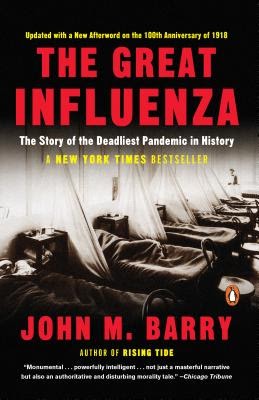
Want to stare, stone-faced, into the eye of the storm?
Of course, the first place to look is Jennifer Einstein’s “Quarantine Don’t Reads”—go forth and engage, masochist. My personal pick for an absolutely too close to home read would be The Great Influenza by John M. Barry. This sizable book goes through the 1918 flu in excruciating detail, from the basic biological factors that made it possible to how society’s reaction changed its progression. It makes me shiver just thinking about it.
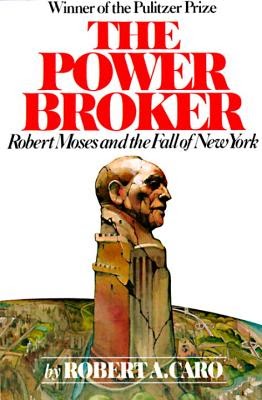
Need a fat book that will take you to the end of this madness (and possibly beyond)?
I will not pretend to have read The Power Broker by Robert Caro, but if there was ever a time to tackle this 1,300-page biography of the man who shaped modern New York, it would be now.
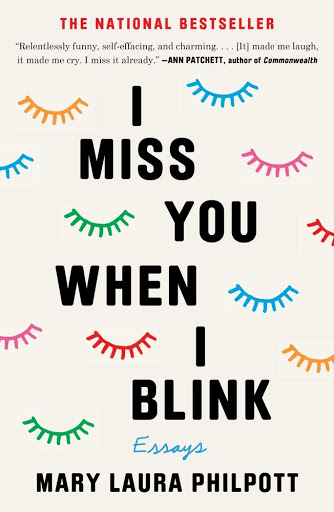
Have trouble concentrating these days?
Two words—go short. The essay collection I Miss You When I Blink by Mary Laura Philpott will give you a lot of bang for your buck, fitting very big questions about aging and identity into very snackable essays. Philpott deftly puts into words the elusive feeling of not quite fitting into your own life, which is more relatable now than ever.

Miss New York?
The longer I sit inside, the more I find myself returning to Newbury Medal winning From the Mixed up Files of Mrs. Basil E. Frankweiler by E.L. Konigsburg. Yes, it is a children’s book. But who, at this point, doesn’t want to run away from home to live in the Metropolitan Museum of Art? You say adolescent, I say wish fulfillment at its finest.
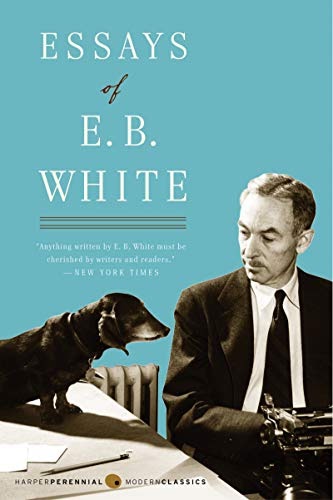
Miss nature?
E.B. White is one of those essayists who has always made the pretty routine into the quite beautiful. I think now more than ever people will appreciate his depiction of the small dramas of small-farm life. Highly observant and quite funny, his essays might make you look at your neighborhood wildlife with changed eyes.
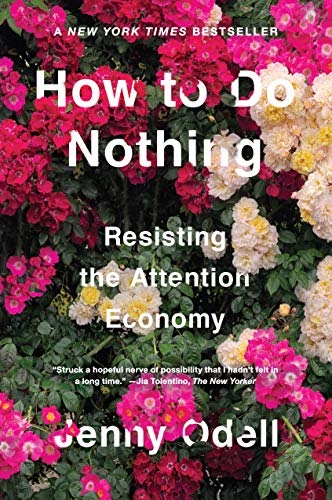
Want to be productive… but REALLY want to figure out how your self worth got completely tied up in your productivity and the value added to our messed up late capitalist society?
One third art criticism, one third nature writing, one third manifesto, How to do Nothing by Jenny Odell is so much more than a self-help book. Although the tone is frequently academic, How to do Nothing made me think differently about how I value my own time, and how I am complicit in my own commodification. I think we all need a reminder sometimes that capitalism and big tech are not necessarily on our side.
Also, a quick sidebar? There is no moral imperative for you to read in quarantine. A compelling book and a good TV show are equals in my mind. I’ve even started reading cookbooks in bed. It’s very relaxing, and it totally counts!
